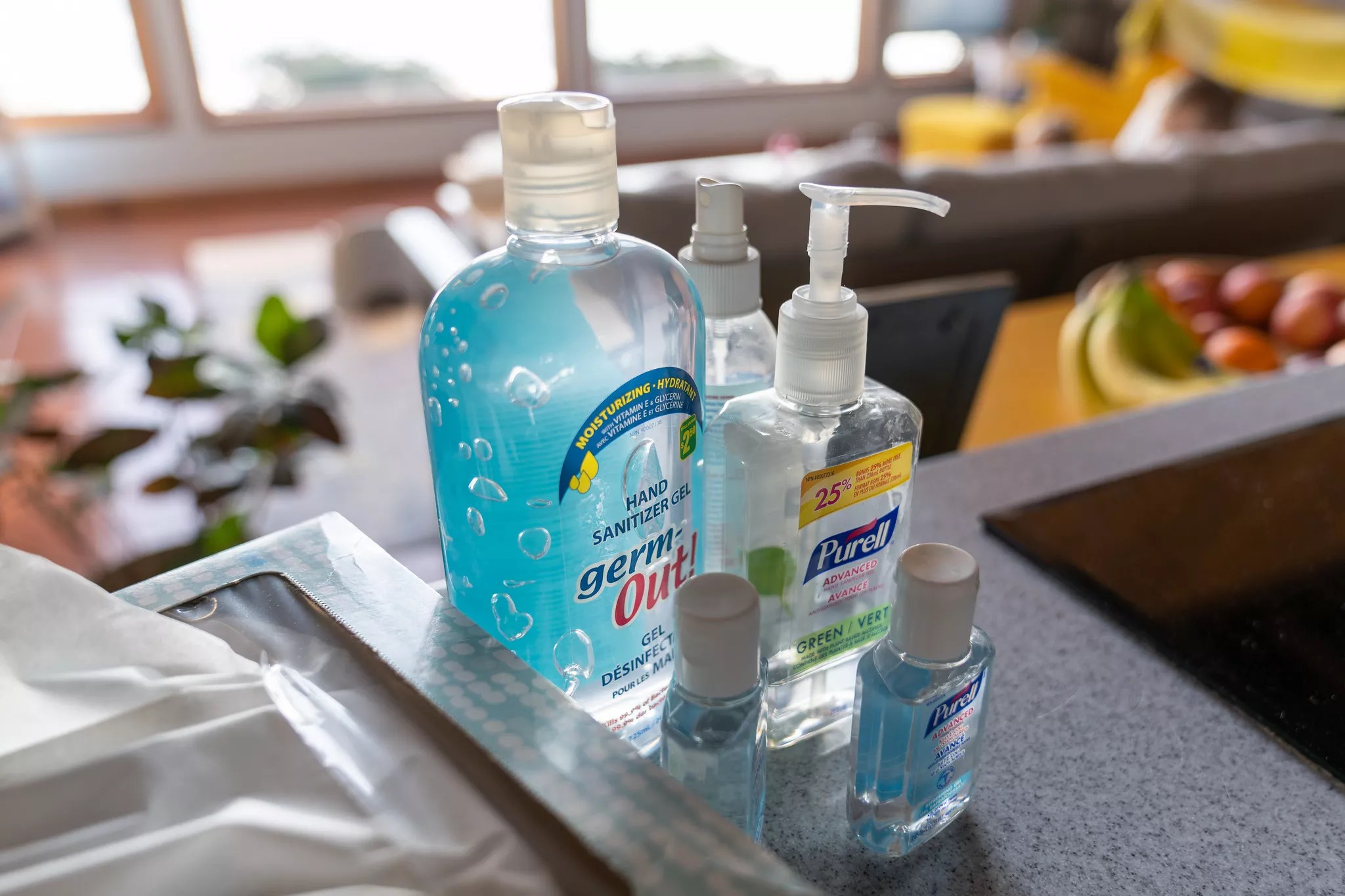
Duncan Rawlinson / Flickr

Audio By Carbonatix
If you’ve done any shopping on an online marketplace like Amazon or Craigslist over the last month or so, you’ve probably seen some eye-popping price tags. Forty-dollar bottles of hand sanitizer. Fifty-dollar digital thermometers. Hundred-dollar packs of toilet paper.
Colorado consumer advocates and state law enforcement officials want online shoppers to know that in many cases, business practices like these may amount to illegal price-gouging – and they’re asking both the public and the companies running these online marketplaces to help crack down on it.
“These platforms should have a system of red flags,” Colorado Attorney General Phil Weiser said at a press conference today, April 7. “They should flag something and say, ‘This is out of the ordinary, this is not right,’ and they can then be proactive and help protect people.”
Last month, Weiser joined a group of 33 state attorneys general in sending letters to Amazon, Facebook, Walmart, eBay and Craigslist, urging the companies to take preventative action to curb price-gouging during the coronavirus pandemic. More than two dozen Colorado state legislators followed up with a similar letter this week, joining hundreds of other lawmakers from 45 states in an effort led by the U.S. Public Interest Research Group (PIRG), a consumer watchdog organization.
“Coloradans are already worried about their health and the health of their loved ones,” says Danny Katz, director of CoPIRG, the group’s Colorado chapter. “The last thing they should be worried about is being ripped off when trying to get critical medical supplies.”
Last month, Amazon said that it had removed more than 3,900 selling accounts from its platform for violating its “fair pricing policies” since the onset of the pandemic, and other marketplaces have made similar commitments to stop price-gouging. But complaints have continued to pour in across the country, and consumer advocates say that companies need to take more aggressive measures.
They want online marketplaces to implement “strong policies that prevent sellers from deviating in any significant way” from their products’ previous prices during an emergency. That could include automatically triggering price caps when spikes are detected or when states of emergency are declared, and creating easy-to-use tools for consumers to report unfair prices.
“These companies are some of the largest, most sophisticated tech companies in the world,” Katz says. “We hope that they identify things that will go even farther and be even more effective in ensuring that nobody is getting ripped off in this time when there’s a lot of need for those critical supplies.”
Weiser also encouraged Coloradans to continue reporting cases of coronavirus-related price-gouging to his office’s Stop Fraud Colorado initiative, by phone at 800-222-4444 or online at stopfraudcolorado.gov.
“Whether it’s scams during this time of coronavirus or price-gouging, please share with us your experiences,” he said. “Our job at the attorney general’s office is to protect consumers, to stand up for people who may not have a big voice when they’re up against bigger companies or negotiating these sorts of issues. We need to know what’s happening to you so we can protect you.”
Unlike many other states, Colorado doesn’t have an explicit price-gouging law that prohibits price hikes during an official state of emergency or under certain other conditions. But an expanded consumer-protection law passed last year granted the state broad authority to penalize companies or individuals who engage in “any unfair, unconscionable, deceptive, deliberately misleading, false, or fraudulent act or practice.”
“We would be more than willing to use it in cases of this sort of extreme price gouging,” Weiser said. “My view is that it is ‘unconscionable’ and ‘unfair’ to take advantage of someone during a public-health crisis and gouge them in an extreme way.”